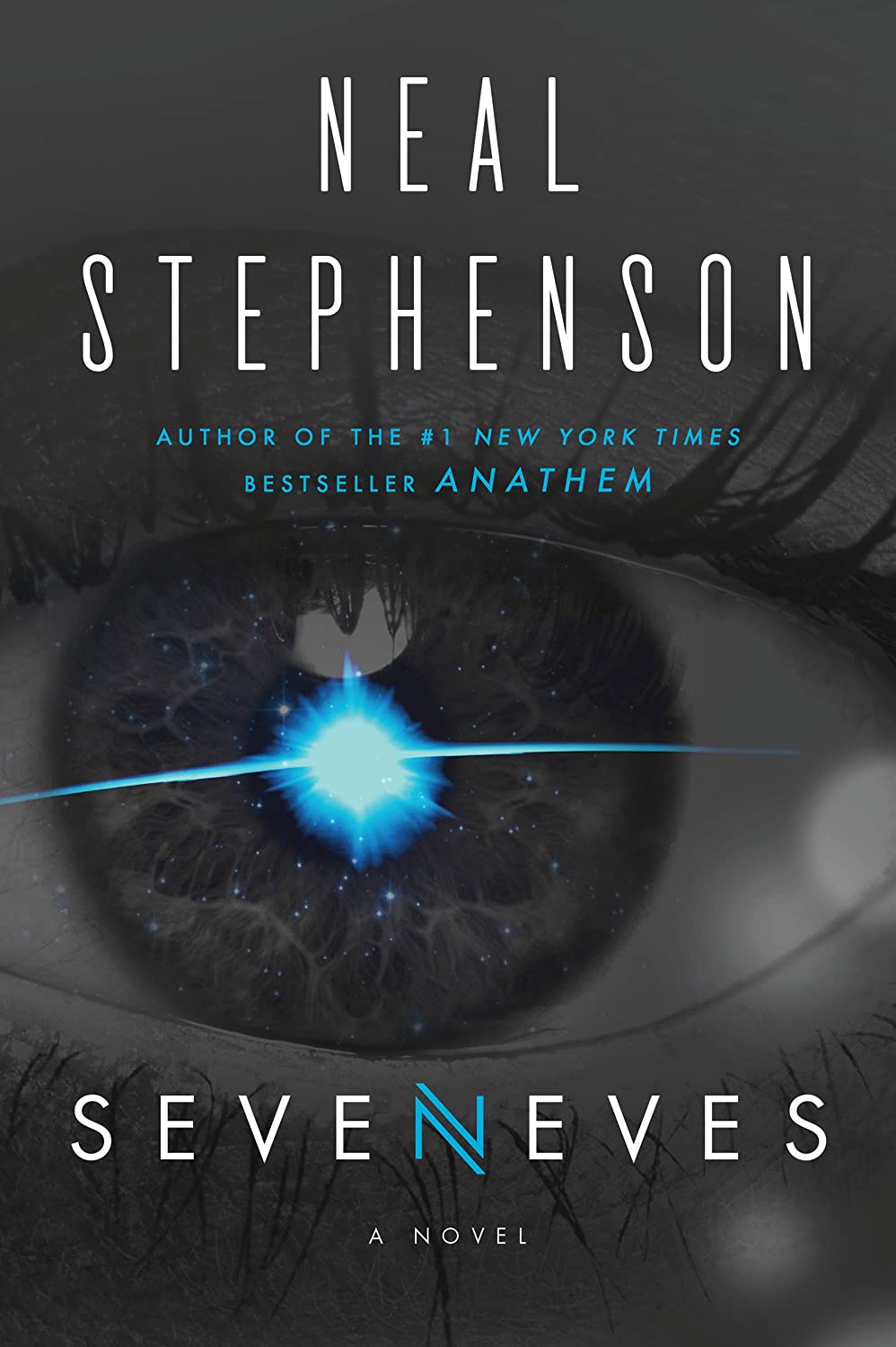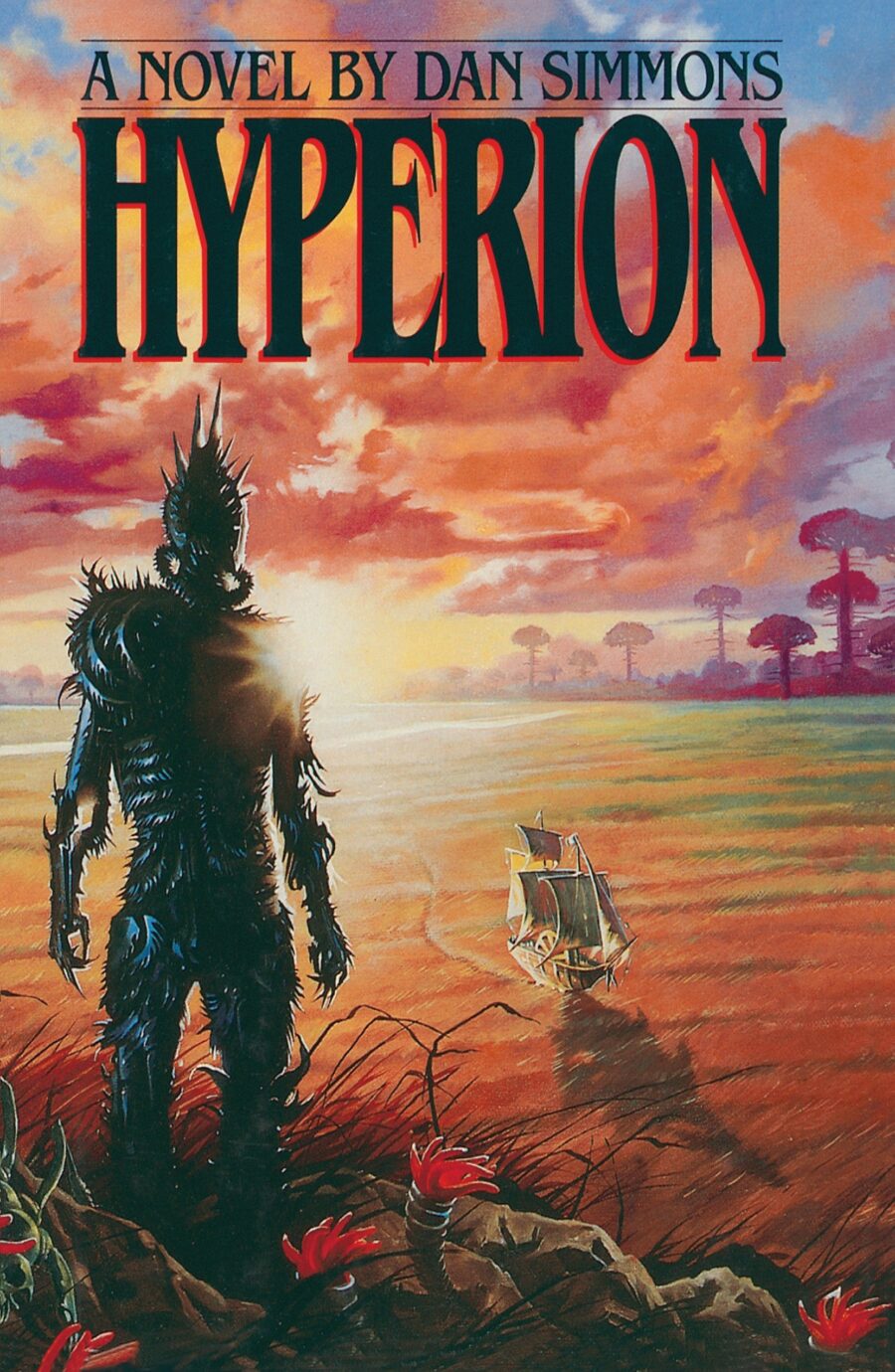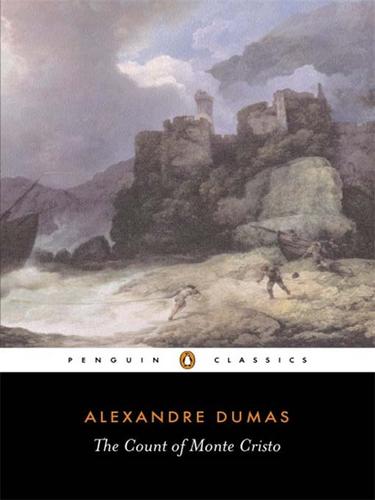John Sullivan rated Leviathan Wakes: 4 stars

Leviathan Wakes by James S.A. Corey (The Expanse, #1)
Humanity has colonized the solar system—Mars, the Moon, the Asteroid Belt and beyond—but the stars are still out of our …
Professor of media and communication at Muhlenberg College, Allentown, PA USA. I read scholarly books about media, technology, political economy, and especially podcasting. I am also an avid reader of sci-fi and fantasy.
This link opens in a pop-up window

Humanity has colonized the solar system—Mars, the Moon, the Asteroid Belt and beyond—but the stars are still out of our …

Area X has been cut off from the rest of the world for decades. Nature has reclaimed the last vestiges …

When a catastrophic event renders the earth a ticking time bomb, it triggers a feverish race against the inevitable. An …

We are not alone.
On Ganymede, breadbasket of the outer planets, a Martian marine watches as her platoon is slaughtered …

A mission to Mars.
A freak accident.
One man's struggle to survive.
Six days ago, astronaut Mark Watney became one …
In a standalone novel, Jack Vance follows the exploits of his main character, Ghyl Tarvoke, as he struggles against the indignities of a seemingly cloistered and provincial society, only to discover that societal corruption goes deeper than anyone could have expected. This was my first exposure to Vance, and I appreciated all of the fascinating societal details that he includes in this novel. The narrative style was simplistic, though: All action takes place through the eyes of a single character, and there are no real secondary subplots to speak of. Every chapter involves the same basic protagonist. From that standpoint, the book itself is not terribly daring or inventive. The invention here comes from Vance's use of a parable to carry off what basically amounts to a Marxist critique of capitalist labor exploitation, though couched in a science fiction narrative. So, where the book's characters are largely two-dimensional, the book …
In a standalone novel, Jack Vance follows the exploits of his main character, Ghyl Tarvoke, as he struggles against the indignities of a seemingly cloistered and provincial society, only to discover that societal corruption goes deeper than anyone could have expected. This was my first exposure to Vance, and I appreciated all of the fascinating societal details that he includes in this novel. The narrative style was simplistic, though: All action takes place through the eyes of a single character, and there are no real secondary subplots to speak of. Every chapter involves the same basic protagonist. From that standpoint, the book itself is not terribly daring or inventive. The invention here comes from Vance's use of a parable to carry off what basically amounts to a Marxist critique of capitalist labor exploitation, though couched in a science fiction narrative. So, where the book's characters are largely two-dimensional, the book succeeds on the strength of this parable.
I'll read more Vance in the future, but it seems to me like there are the germs of serious thought and societal critique at work here. It's just that other authors employ more sophisticated narrative techniques to explore those critiques with the reader (Asimov's masterful Foundation series comes to mind here). Overall, the book is recommended, but I'll need to read a lot more of Jack Vance to come to some more definitive conclusions about his place in the pantheon of 20th Century science fiction greats.

On the world called Hyperion, beyond the law of the Hegemony of Man, there waits the creature called the Shrike. …

In this age of an open Internet, it is easy to forget that every American information industry, beginning with the …

On the world called Hyperion, beyond the reach of galactic law, waits a creature called the Shrike. There are those …

In his fifth work of nonfiction, Mark Kurlansky turns his attention to a common household item with a long and …
Scalzi's book is an entertaining read, but if you're expecting a deeper message about the pointlessness of war or the perils of the human condition, you might be better off reading Haldeman's Forever War or Heinlein's Starship Troopers. Character development is not real complicated but the plot development is enjoyable enough. Recommended.

The original revenge story, The Count of Monte Cristo is an adventure story set in France and Italy. The story …


Dune is a 1965 science-fiction novel by American author Frank Herbert, originally published as two separate serials in Analog magazine. …